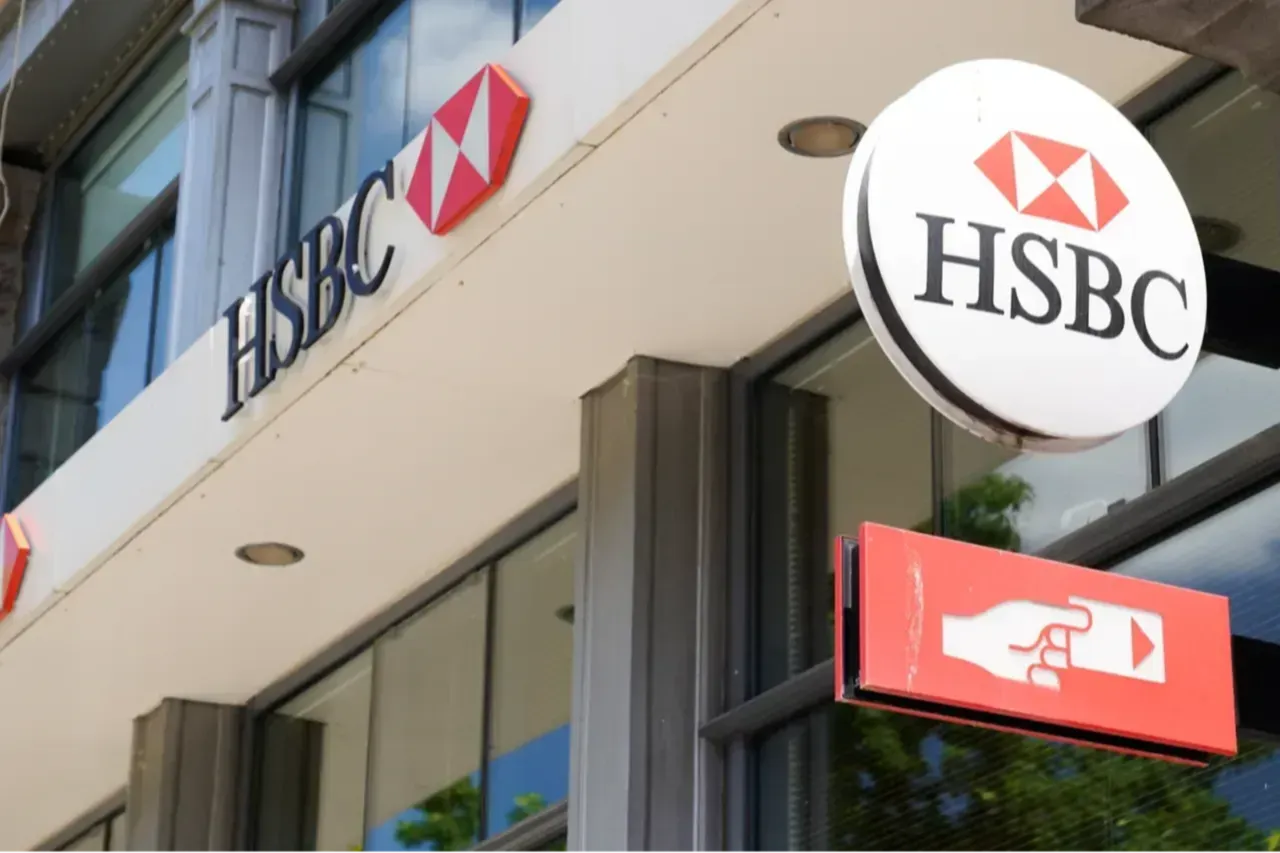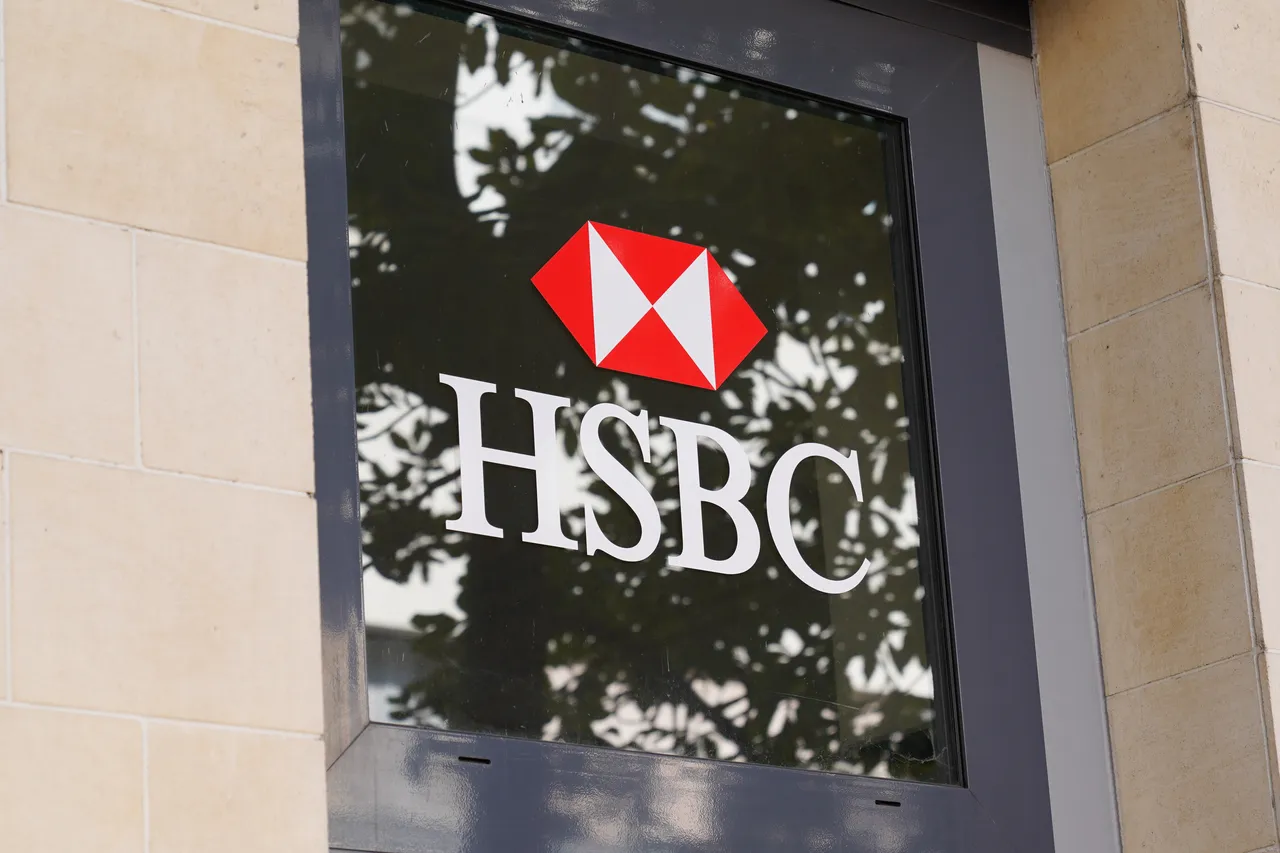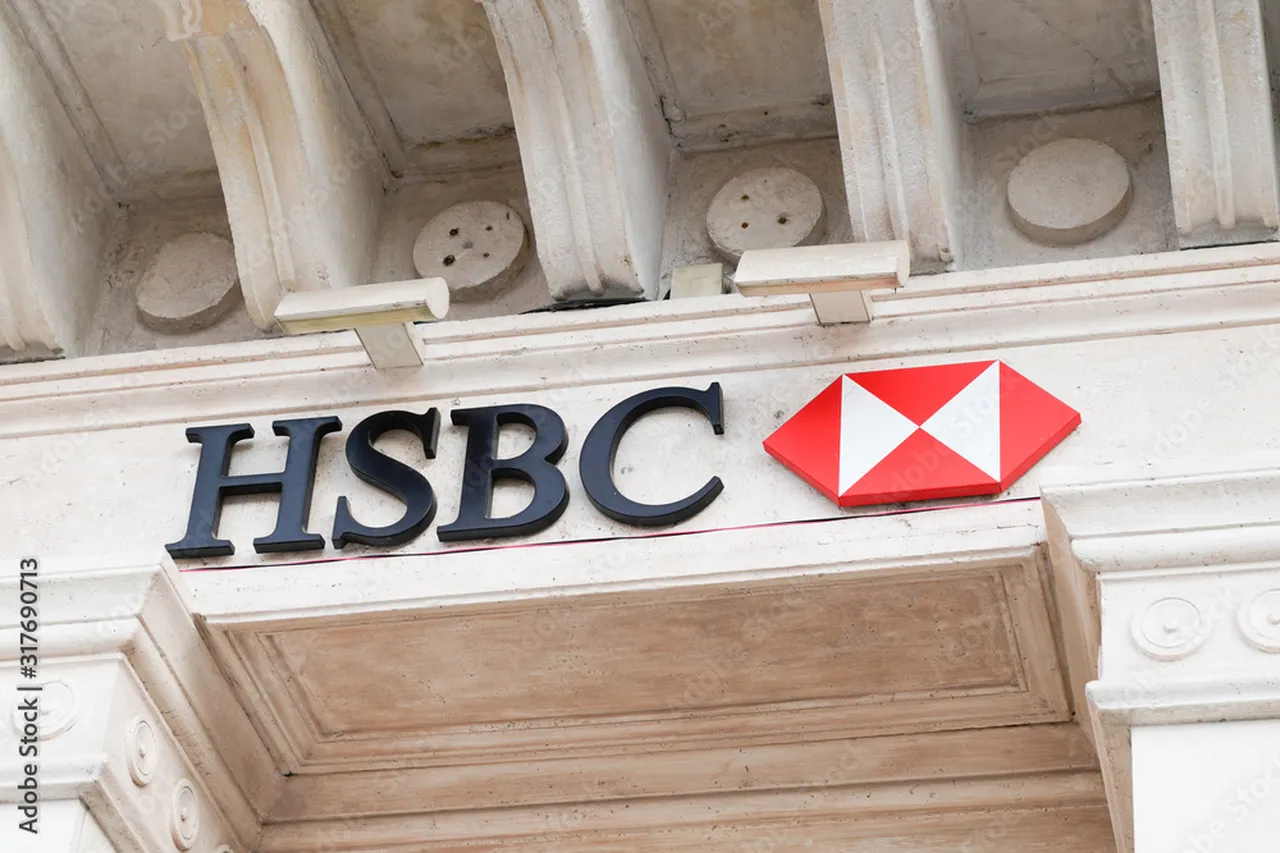
HSBC’s Swiss private bank has begun terminating relationships with over 1,000 clients from Middle Eastern countries, many of whom have assets exceeding $100 million, Bloomberg reported.
The clients were deemed high-risk by the bank’s internal assessments. The bank informed affected clients that they would need to transition their banking arrangements elsewhere.
HSBC has set a six-month timeframe to complete the process and has assembled a specialized team to oversee the termination of these banking services.

The move comes amid an ongoing crackdown by the Swiss banking watchdog.
In 2024, HSBC’s Swiss private bank was barred from taking on prominent public figures as clients after FINMA found that the bank had breached anti-money laundering regulations.
Barry O’Byrne, chief executive of HSBC’s International Wealth and Premier Banking unit, said the bank had an “absolute commitment to both our Middle East and Swiss Wealth businesses.”
“Switzerland plays a key role in how we support clients globally—it’s one of our core wealth hubs. Our strategy is to significantly grow our wealth business, and we have been doing so successfully. This strategy will see continued investment in both our Middle East and Swiss businesses to deliver best-in-class service to our customers,” he added.
This development follows investigations by law enforcement authorities in Switzerland and France last month into HSBC for suspected money laundering linked to “two historical banking relationships.”
The case dates back to last year, following findings by Switzerland’s financial regulator, FINMA, which highlighted the bank’s failure to conduct adequate checks on high-risk accounts.
According to Bloomberg, the probe involves alleged misappropriation of funds by the former head of Lebanon’s central bank.
FINMA confirmed that suspicious transactions exceeding $300 million took place between Lebanon and Switzerland from 2002 to 2015 through accounts linked to HSBC, without sufficient verification of the funds’ origin or background.
The regulator ordered HSBC to conduct an anti-money laundering review for all high-risk relationships with politically exposed persons (PEPs) and barred the bank from starting new relationships with PEPs until the review was completed.

The report also examines the current state of HSBC’s Swiss private banking sector. The bank has faced challenges maintaining its position in the competitive Middle Eastern market, where it has traditionally been a dominant player in capital markets.
Its private banking arm has struggled to keep pace with Swiss rivals in wealth management.
Analysts say the move, while aimed at reducing risks, could open the door for competitors to capture a larger share of the region’s wealth.